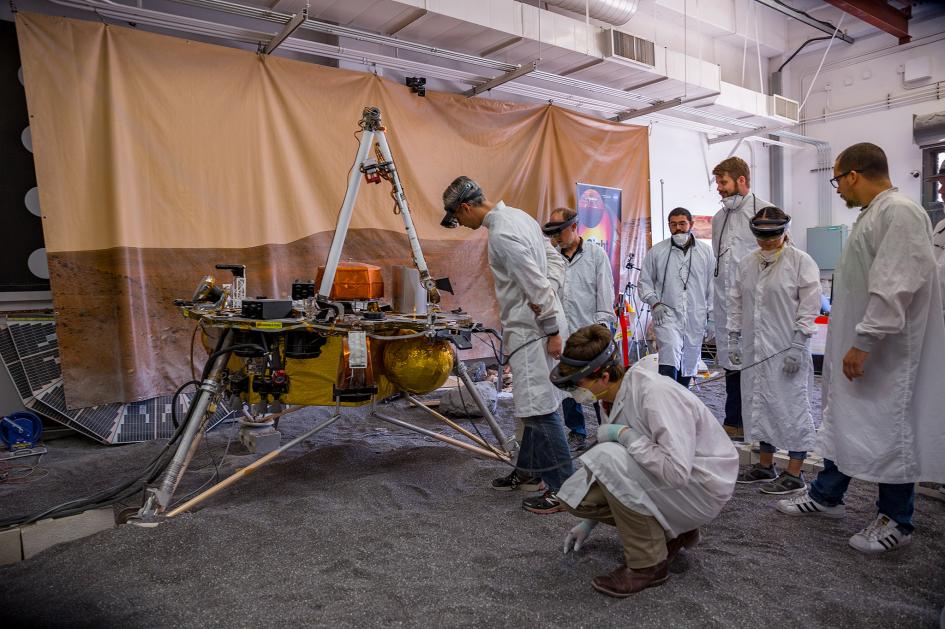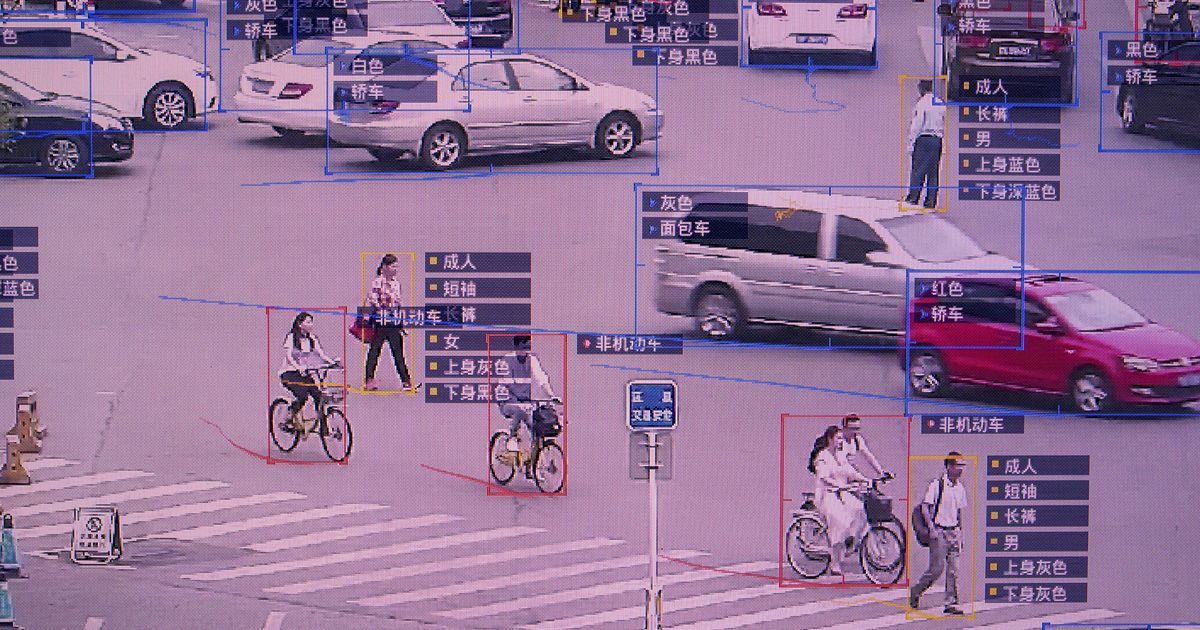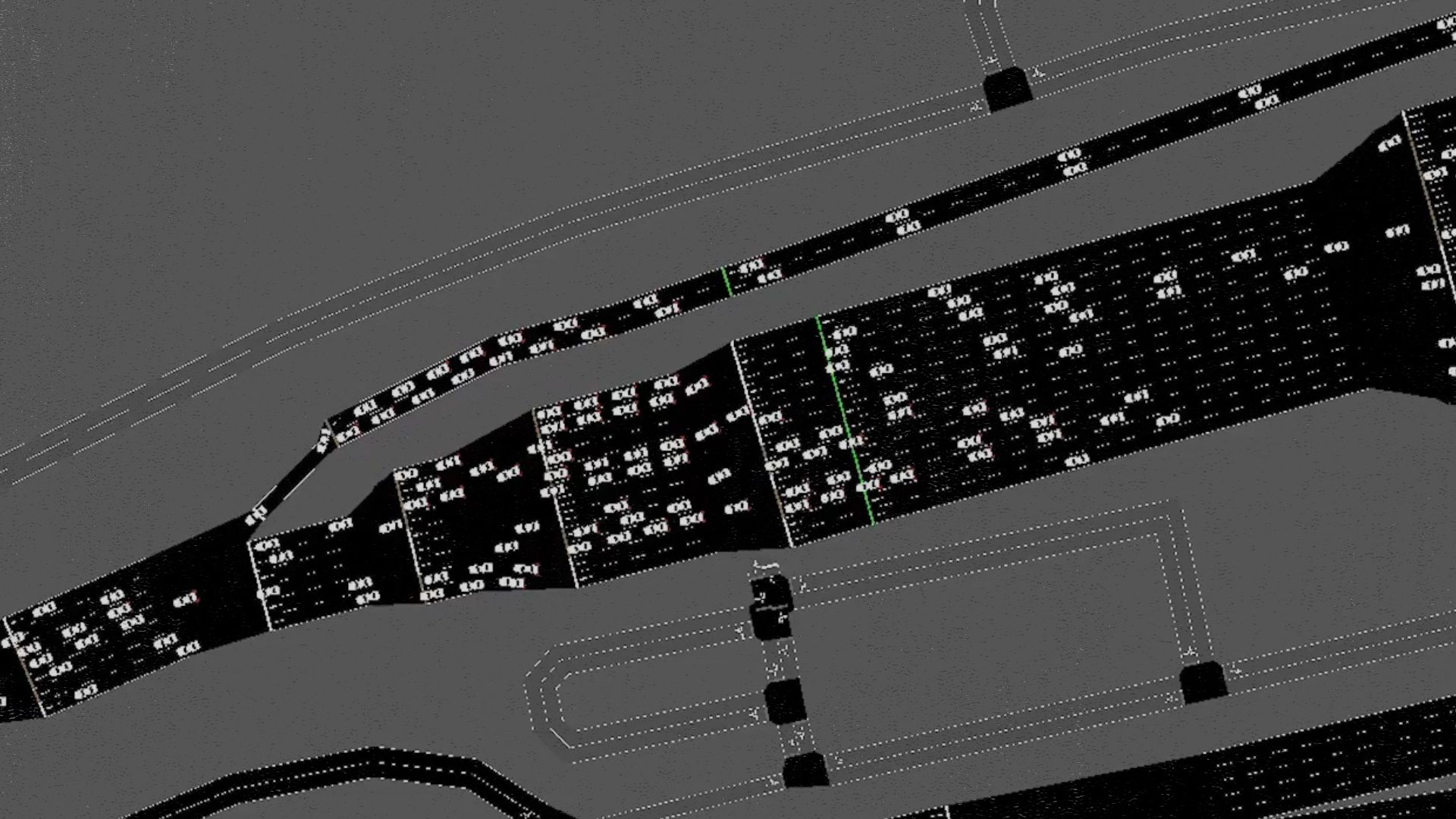Every week I’m going to explore some really interesting subjects concerning our world and advancing technologies.
How advanced disruptive technologies like AI and others are changing our world and our lives now and in the future.



The company will have to wrestle more seriously with ethical questions as it expands into new industries and countries. These include Japan, where it’s making road-tracking software to help steer driverless Hondas, and the U.S., where its New Jersey health lab is developing cancer detection software. It’s also working to bring interactive games to livestreamers in Southeast Asia, teaming up with the popular app Bigo.
SenseTime, the world’s most valuable AI startup, aims to bring its smarter-cameras-everywhere model, well, everywhere.

Using machine-learning and an integrated photonic chip, researchers from INRS (Canada) and the University of Sussex (UK) can now customize the properties of broadband light sources. Also called “supercontinuum”, these sources are at the core of new imaging technologies and the approach proposed by the researchers will bring further insight into fundamental aspects of light-matter interactions and ultrafast nonlinear optics. The work is published in the journal Nature Communications on November 20, 2018.

A team of researchers from the Earthquake Research Institute, Department of Civil Engineering and Information Technology Center at the University of Tokyo, and the RIKEN Center for Computational Science and RIKEN Center for Advanced Intelligence Project in Japan were finalists for the coveted Gordon Bell Prize for outstanding achievements in high-performance computing. Tsuyoshi Ichimura together with Kohei Fujita, Takuma Yamaguchi, Kengo Nakajima, Muneo Hori and Lalith Maddegedara were praised for their simulation of earthquake physics in complex urban environments.


Jan Scheuermann was one of the first volunteers on DARPA’s Revolutionizing Prosthetics program and became a pioneer in the field of brain-machine interface, controlling first an advanced robotic arm, and then a simulated jet, with her mind alone. The New Yorker tells her story in exquisite detail, along with the story of Nathan Copeland, the volunteer who followed Jan in the research and put his own spin on how it unfolded.
A neuroscientist’s research into the mysteries of motion helps a paralyzed woman escape her body.


Control this humanoid robot in VR.